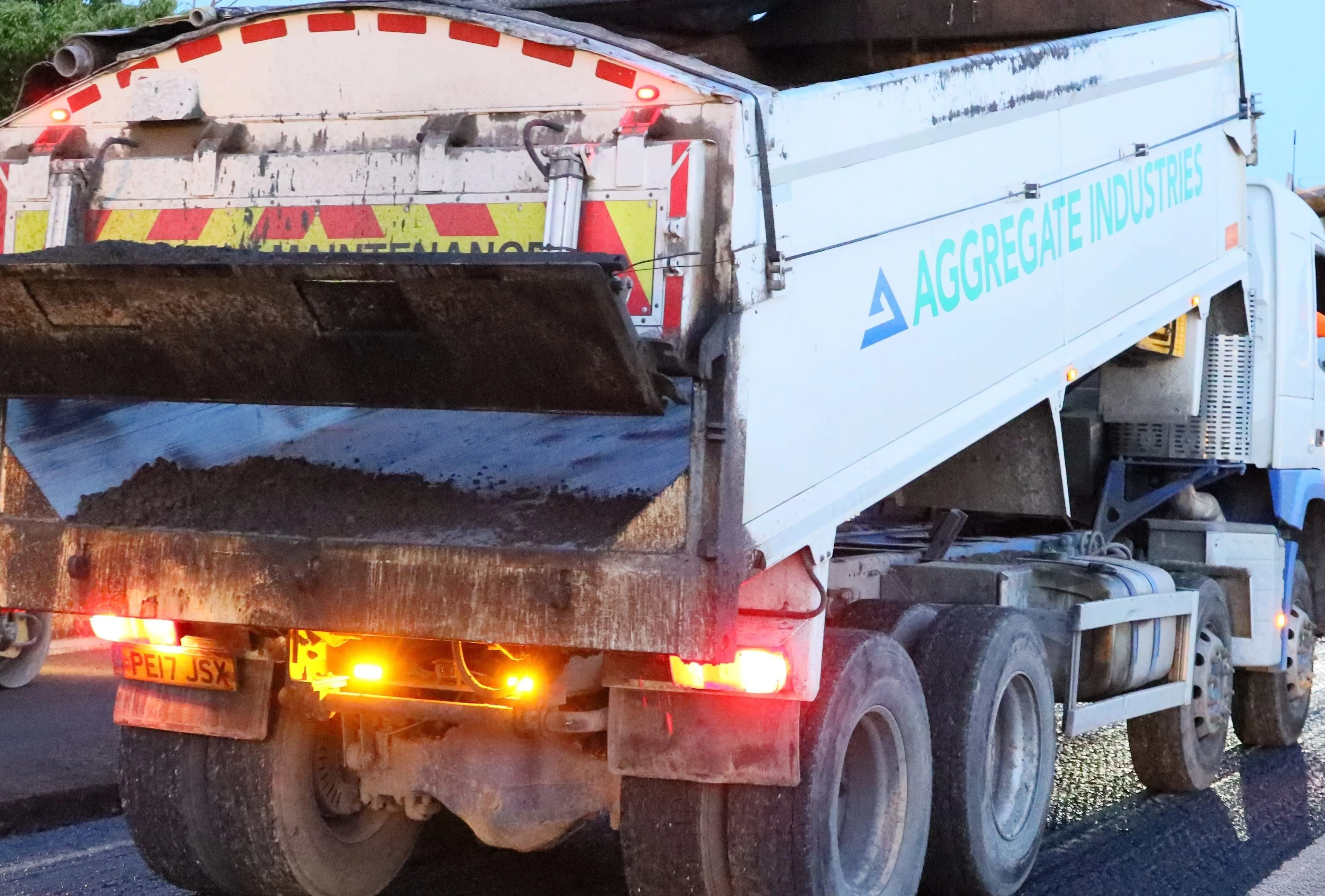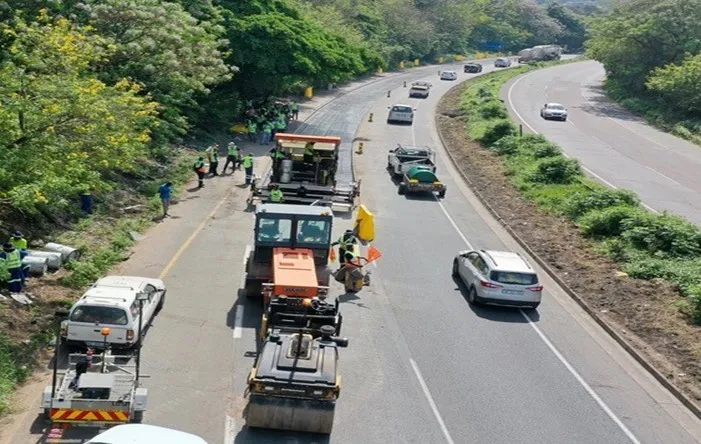
Aggregate Industries is moving closer towards achieving 100% recycled asphalt. New circular economy records have been set within the firm’s Asphalt division to repurpose recycled aggregate materials into a new surfacing material for roads and pavements. Despite the use of recycled materials, the firm claims this offers zero compromise on quality and product performance.
The team is now working with non-hazardous, contaminated waste material to produce binder course made up of >95% recycled materials. The waste material is first carefully studied to gain an understanding of its qualities, before it is cleaned, crushed and re-graded into recognised asphalt aggregate constituents.
Starting with 20mm all-in aggregates, the recycled material is fed into the asphalt plant process with a 40% recycled content 5% of which is recycled bitumen. The mix was designed so only the only non-recycled component left was the residual bitumen, aiding the company’s mission of achieving 100% recycled asphalt.
Michelle Addison, Midlands key account manager for Asphalt for Aggregate Industries, division said: “Throughout our entire business we place circularity at our core and in line with this, year on year, the proportion of recycled asphalt we use has increased.
“As natural resources become more scarce, all areas of construction need to be making strides to build new from old. While we have already for some time been regularly using reclaimed asphalt, we can now incorporate what was once considered a waste material into the process. The only element left to conquer is the 3-5% of virgin bitumen in the end product, something that our experts have their sights firmly set on.”







